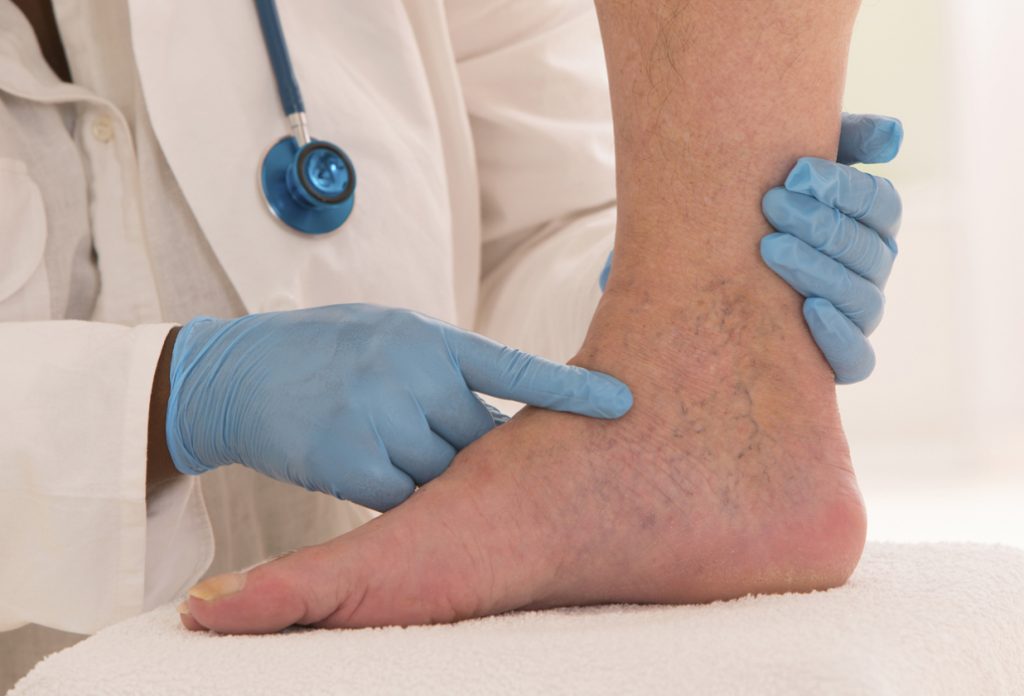
When to see a vascular doctor? Our vascular system plays a crucial role in maintaining overall health, yet it’s often overlooked until problems arise. Many people are unaware of when they should see a vascular doctor or what a vein clinic actually does. In this comprehensive guide, we will explore when to seek the expertise of a vascular doctor and shed light on the important functions of a vein clinic. Understanding these aspects can help you take proactive steps to maintain your vascular health and seek timely medical attention when necessary.
When to See a Vascular Doctor
The decision to see a vascular doctor should not be taken lightly. Certain signs and symptoms should prompt you to seek their expertise. Here are some situations in which you should consider making an appointment with a vascular specialist:
What Does a Vein Clinic Do?
What does a vein clinic do? Vein clinics are specialized medical facilities dedicated to the diagnosis and treatment of vascular conditions, particularly those related to veins. Here’s a closer look at the essential functions of a vein clinic
Conclusion
Knowing when to see a vascular doctor is essential for maintaining your vascular health. Whether you’re experiencing specific symptoms or have risk factors for vascular diseases, seeking timely medical attention can prevent complications and improve your quality of life.
Vein clinics are specialized facilities that focus on the diagnosis and treatment of vascular conditions, particularly those related to veins. They offer a range of minimally invasive procedures and therapies to address conditions like varicose veins, spider veins, deep vein thrombosis, and chronic venous insufficiency. By understanding the functions of vein clinics and the expertise of vascular doctors, individuals can take proactive steps to address their vascular concerns and lead healthier lives.
In conclusion, your vascular health is not something to be taken lightly. If you notice any concerning symptoms or have risk factors for vascular conditions, don’t hesitate to reach out to a vascular doctor or visit a vein clinic. Early intervention and appropriate treatment can make a significant difference in your overall well-being.